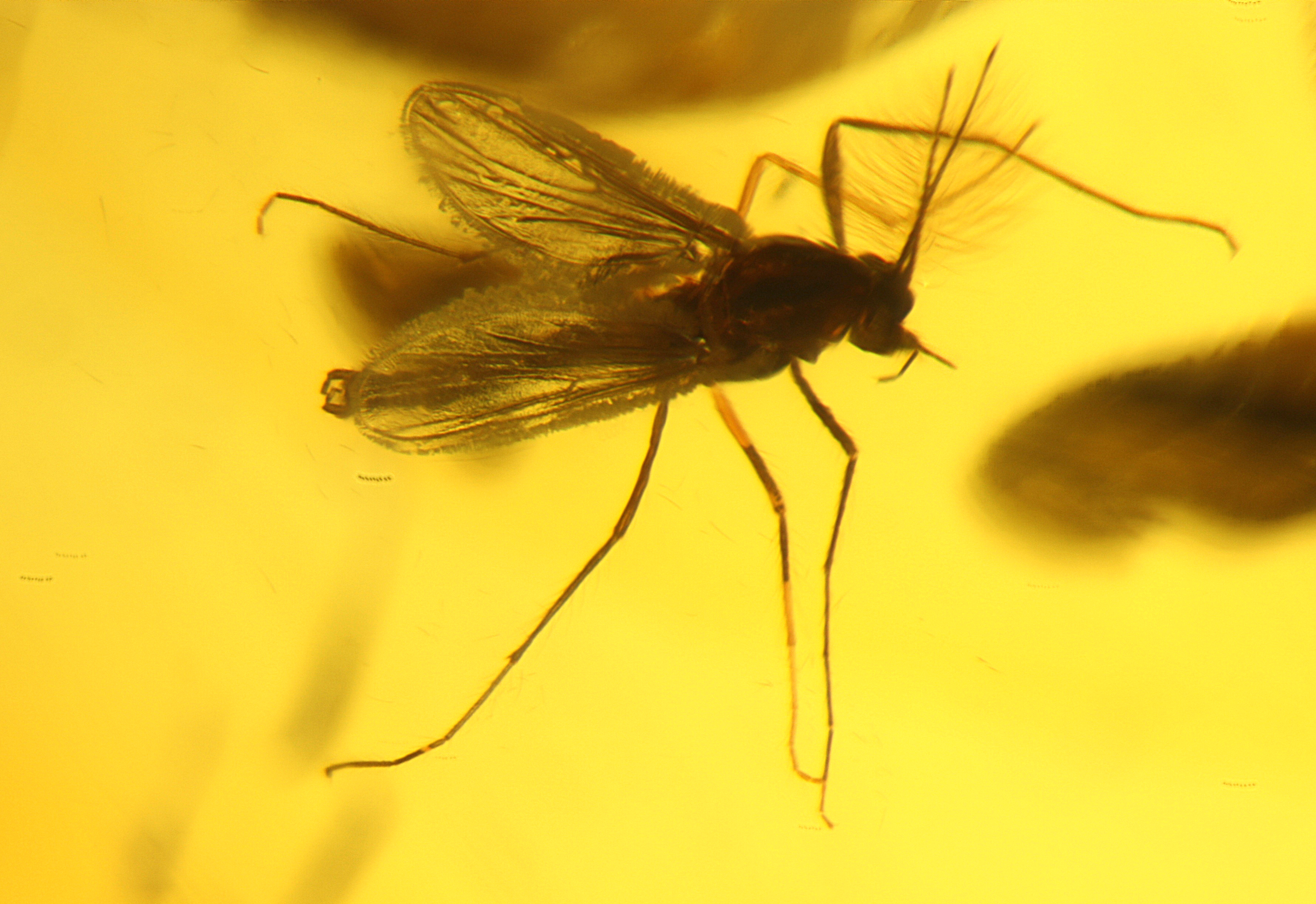My dad died a week ago. We had a complicated relationship.
What can I say about him? He was a mysterious man. I have few specifics. What I have are some details that paint a gauzy picture of whom I understand him to be, or to have been.
I know that his childhood was fraught. That his father was abusive. That his mother was abusive. He grew up in West Philadelphia at 61st and Girard. He had a guardian angel in his aunt Helen, who was also his parents’ landlord. I knew her. He loved her very much.
While details of his boyhood were scarce, he told amazing stories about his adolescence. As I’ve heard from many Philadelphians his age, everyone seemed to fight constantly. The violence was spontaneous and intense. A neighborhood goon would terrorize the trolley. The plot of land that became Samuel Gompers Elementary School was a Gangs of New York-esque battlefield where my dad punched the lead singer of the Dovells in the nose, or so he claimed. They beat each other with spindles from stoop staircases. Philadelphia in the ’50s was wild.
He loved basketball and played at Overbrook. The team was led by Walt Hazzard. My dad told me that the top eight players went on to play professionally. He was not among them.
To hear him tell it, Philadelphia was so dangerous, he felt compelled to enlist. He claimed that going into the service saved him from Graterford. He joined the Navy and was an airplane electrician aboard the U.S.S. Ticonderoga. I only recently realized he was aboard during the Gulf of Tonkin incident. He witnessed a pilot be butchered by a plane propeller. For all the stories he would tell about surfing throughout Asia, the war deeply affected him. He rarely spoke about it and was sharply critical of those who reimagined themselves as war heroes.
There’s another ellipsis after he returns home. His dad — a WWI vet born in 1899 — dies in 1963, I think. He marries my mom in 1974. He gets his degree in food marketing from Saint Joe’s in ’75. He went at night. They moved to a farmhouse in Gabelsville, PA that was built in 1760, where they raised sheep and horses.
I arrived in ’77 and my sister in ’80.
He worked at GE, then Martin Marietta, then finally Lockheed Martin for 40 years in Valley Forge. He wasn’t allowed to talk about what he did, but he brought home amazing souvenirs that his colleagues got for him. I have a t‑shirt from the Yeltsin coup. I have a Soviet officers hat and a KGB watch. I got a t‑shirt with an elephant that just said “Africa.”
He was an amazing provider. He cared very deeply about us kids having a better childhood than him. His ability to create a life for us is undeniable. He wanted so badly to take us to Hong Kong. We never made that trip.
While our relationship grew complicated as I got older, I ultimately understood that he was doing his very best. I hope he knew that I knew that, even if neither of us was able to say it to each other.
Love you, Dad. Give Aunt Helen a hug and a kiss for us.
